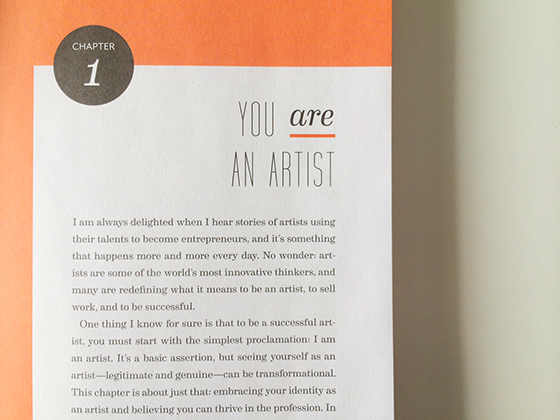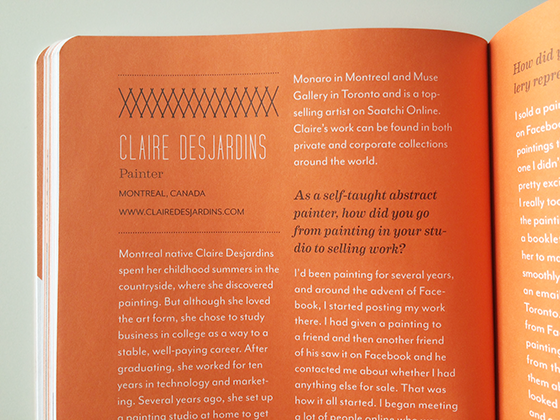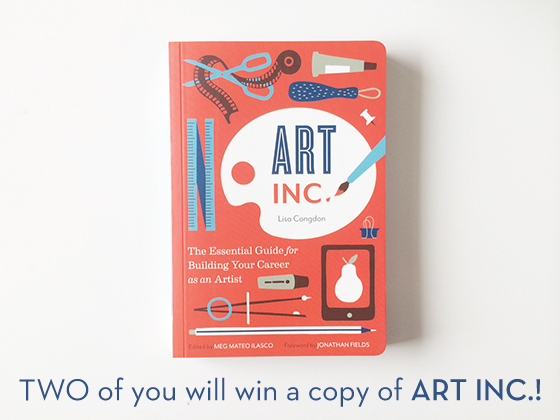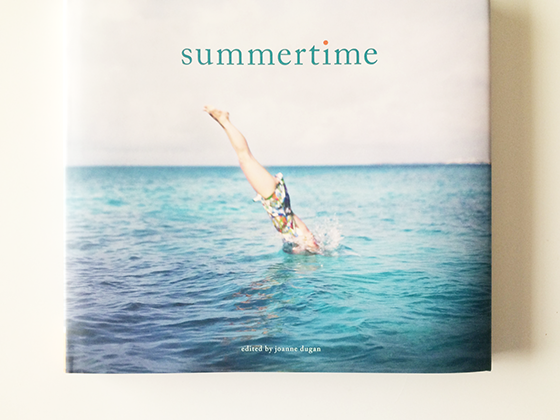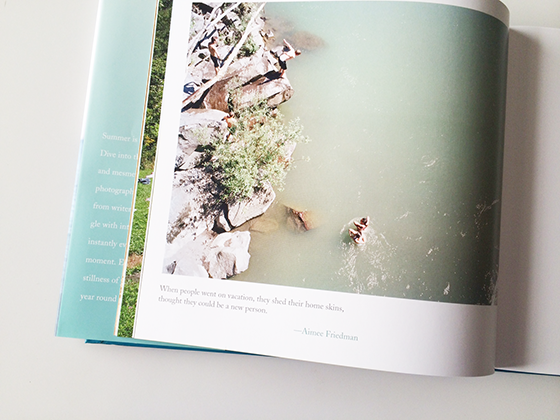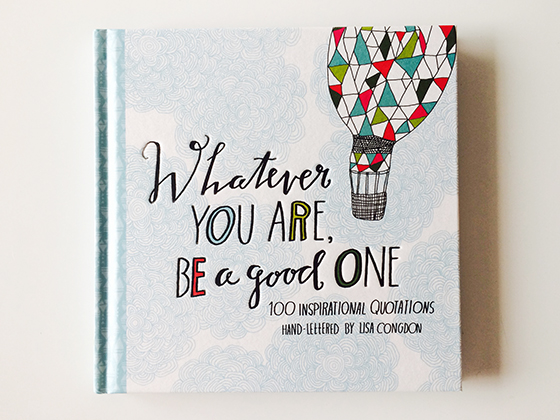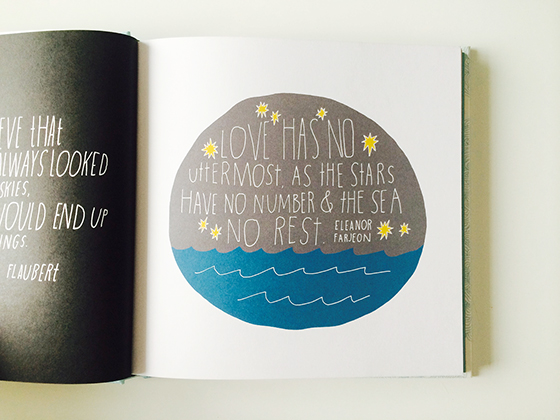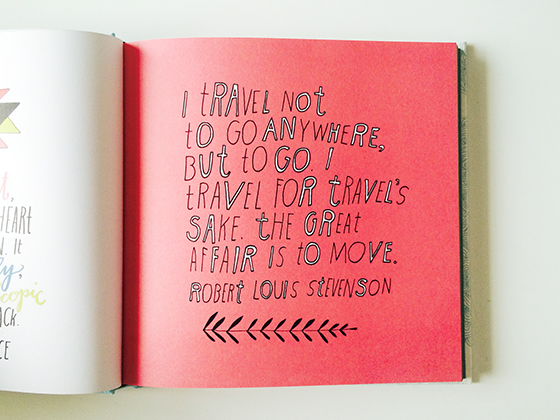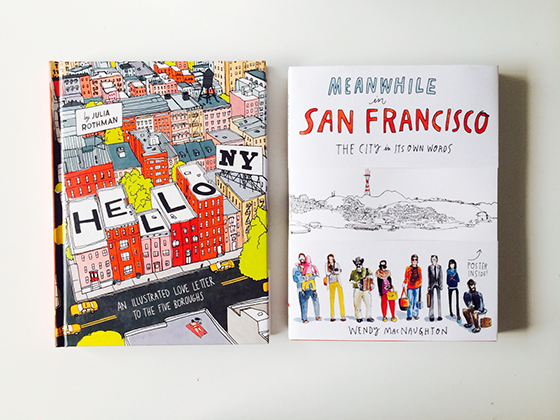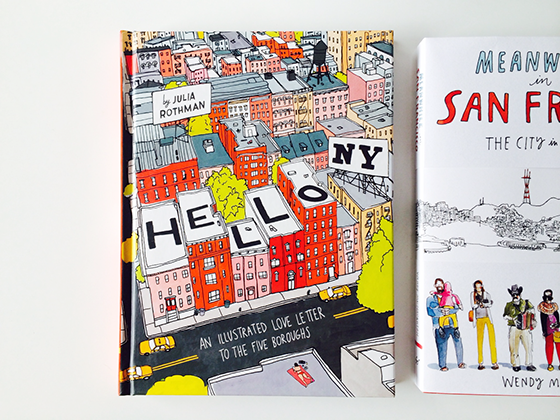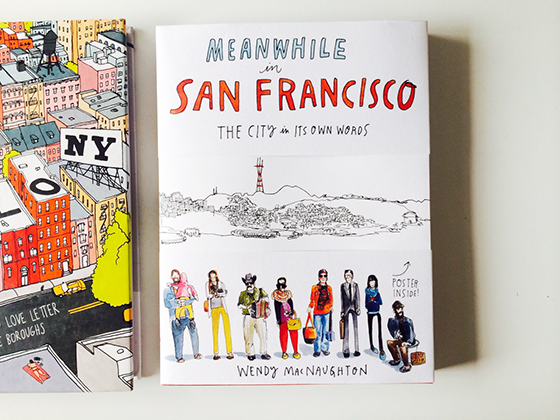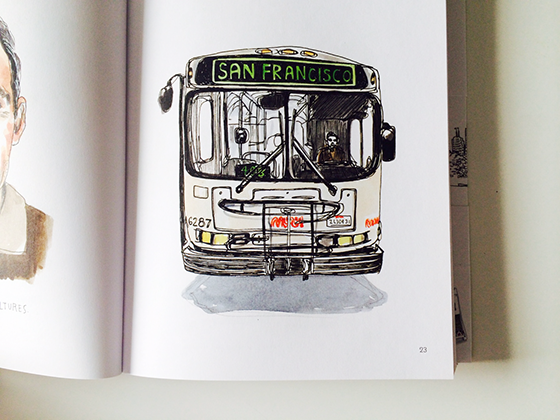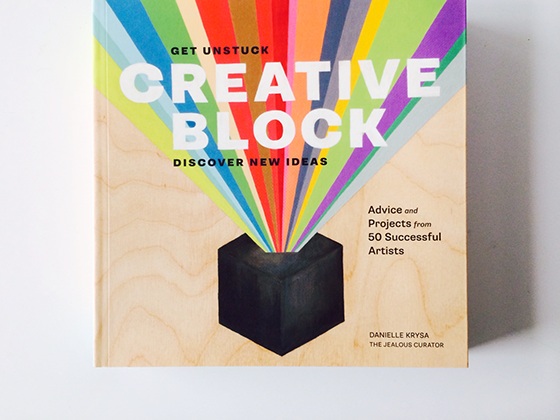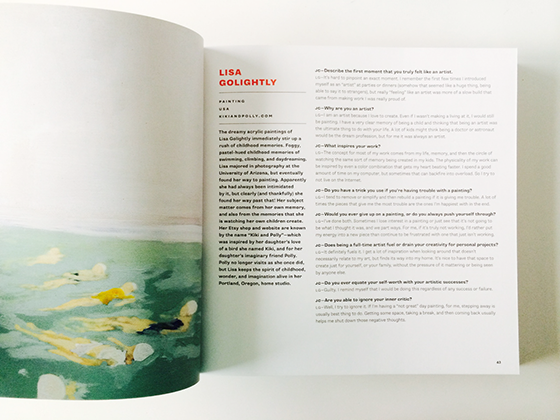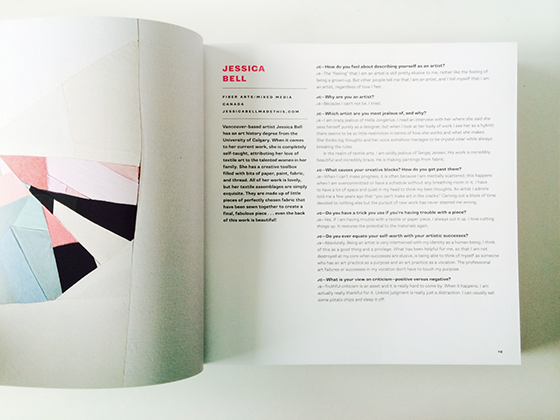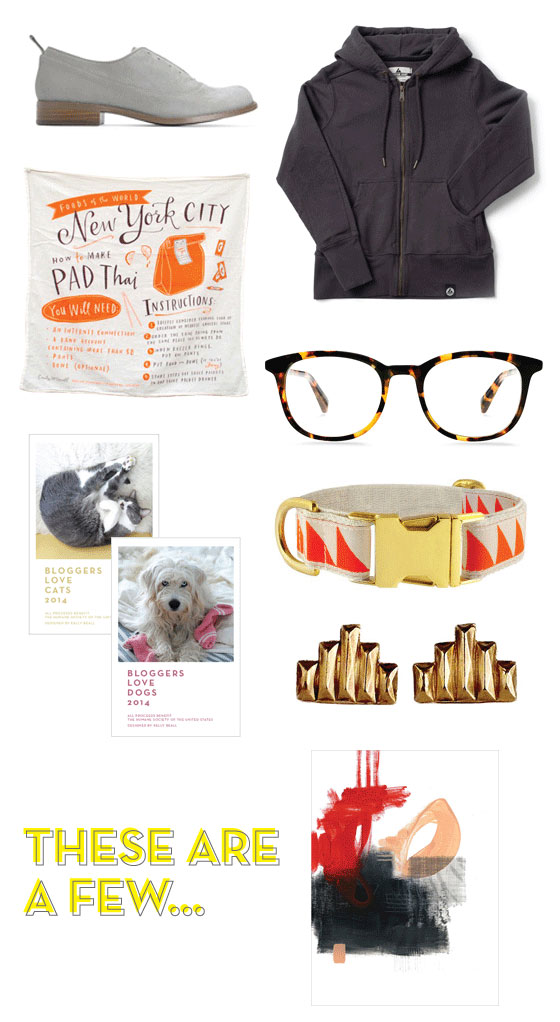Art, Inc. + a Giveaway
Full disclosure: Lisa Congdon is my friend. My crazy talented, enormously gifted, incredibly smart business woman of a friend who decided in 2006 to take a chance on art and succeeded beyond her wildest dreams. Art, Inc.: The Essential Guide for Building Your Career as an Artist is her latest book.
If you’re creative in any way chances are you’ve daydreamed about making a career of it, and that’s exactly what Art, Inc. is about. It’s essentially a guide to making your dreams a reality and debunking the myth of the starving artist written by someone who has taken the plunge and lived to tell the tale. Learn about the ways artists can make a living from their art (you don’t have to be on a street corner with an easel, although that was always sort of my dream). Lisa shares her knowledge of licensing, sales, teaching, promoting, managing, and tons more. Not only from her own career, but from art world pros like Paula Scher, Nikki McClure, and Claire Desjardins who we’re going to dig a little deeper into below with an excerpt.
Claire Desjardins, Painter
Montreal, Canada
Montreal native Claire Desjardins spent her childhood summers in the countryside, where she discovered painting. But although she loved the art form, she chose to study business in college as a way to a stable, well-paying career. After graduating, she worked for ten years in technology and marketing. Several years ago, she set up a painting studio at home to get back in touch with her creative side, painting for the first time since she was a child. Over time, she moved from small to large canvases and began painting abstractly. By 2011, she was selling enough of her work to pursue art full-time. Since then, Claire has received grants to attend artist residencies at the Vermont Studio Center and Da Wang Culture Highland in Southeastern China. She is represented by Galerie Lydia Monaro in Montreal and Muse Gallery in Toronto and is a top-selling artist on Saatchi Online. Claire’s work can be found in both private and corporate collections around the world.
Lisa Congdon: As a self-taught abstract painter, how did you go from painting in your studio to selling work?
Claire Desjardins: I’d been painting for several years, and around the advent of Facebook, I started posting my work there. I had given a painting to a friend and then another friend of his saw it on Facebook and he contacted me about whether I had anything else for sale. That was how it all started. I began meeting a lot of people online who were interested in my art. That year I did quite well with my art, but I was still working for a marketing communications company. I worked only four days a week, so I would paint on my free weekday. My company was restructuring and merging, and I got laid off in 2011. But it was a perfect time for me to leave my job.
LC: How did you first get gallery representation?
CD: I sold a painting to one of my fans on Facebook. It was one of my first paintings that I had sold to someone I didn’t even know, so it was pretty exciting. I made sure that I really took care of her. I packed the painting properly, sent it with a booklet of my art, and called her to make sure everything went smoothly. Sometime later, I received an email from Muse Gallery in Toronto. Apparently, the woman from Facebook who bought my painting lived around the corner from the gallery and had told them about me. The gallery owner looked me up, liked what he saw, and contacted me to work on an artist agreement together. I did some research on them and called other artists who the gallery represented. I asked them about their relationships with the gallery and eventually, it all came together. I borrowed my father’s minivan and drove a bunch of paintings to Toronto! They have represented me since and have given me a couple of solo shows, too.
LC: Right around the time you left your job, Anthropologie contacted you. They sell your original paintings and license your paintings to make prints and for use on their products. How did this relationship come about? What are the advantages and disadvantages of working with a big company to sell and license your work?
CD: It all began one day when I got an email—and in the subject line it said “Anthropologie Interest.” They were looking for local artists to feature on the walls and windows of the new Montreal store. Four of their buyers came to my studio. I heard that they had read about me on Mocoloco.com.
There are both advantages and disadvantages to working with a large company. The main and obvious advantage is the exposure of my art. Other advantages include the additional revenue, as well as seeing my art on different products. The disadvantage is less obvious; it’s that a small portion of the artistic community came to perceive my art as too commercial or that I’m “selling out.”
LC: What is your main mode for selling original work now?
CD: By far, I make most of my sales online. Specifically, I’ve had success with Saatchi Online. In order to nurture this relationship, I try to keep up with my social networking as much as possible. This is a very important component to my job, as it’s the only advertising I can afford (it’s mostly free!), and it reaches so many people. Whenever I post a new painting online, I make sure to link it to a page that allows people to purchase my art, like Saatchi Online. I make sure that I give them credit for the good things that they do, in a timely fashion. So if they include one of my pieces on their home page, I make sure that I blurt it out for all to read, on all my social media like Facebook, LinkedIn, Pinterest, and Twitter.
LC: You are an advocate for signed agreements— whether in licensing or when you work with galleries. Why are they important?
CD: When you sell or license your art, money and image rights are involved, so spelling out the rules in advance helps to manage expectations and eliminate surprises later on. It protects both the artist and the reseller. Proposing the writing of an agreement should not be perceived as an unfriendly gesture or an indication of mistrust. In fact, it should be considered an act of ensuring mutual understanding. We all have contracts with our cable or cell phone companies, so why wouldn’t you have an agreement with the resellers of your art, whether they are galleries, agents, or commercial companies? The exercise of writing an agreement will raise many questions that had not been thought about before. Those questions can be imperative in terms of the health and sustainability of the relationship.
And once again here’s the fun part – two of you have the chance to win a copy of Art, Inc! Whether you’re an aspiring artist or know someone who aims to be this book is the guide you’ll want at arm’s reach. You have until midnight CST Sunday, August 24th to toss your hat into the ring!
a Rafflecopter giveaway



